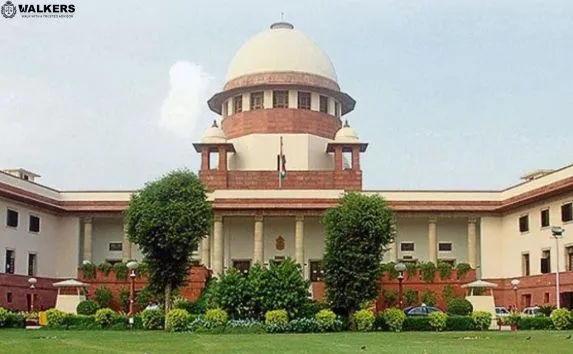


"Supreme Court Grants Interim Bail to Teesta Setalvad in 2002 Gujarat Riots Case, Orders Review by Chief Justice"
In a significant development, the Supreme Court has granted interim bail to activist Teesta Setalvad for a period of seven days in the conspiracy case related to the 2002 Gujarat riots. The decision comes after a special hearing held on Saturday, where a bench comprising Justices BR Gavai, AS Bopanna, and Dipankar Datta stayed the Gujarat High Court's earlier order denying bail to Setalvad. The apex court has also directed that Setalvad's appeal against the High Court's decision be placed before the Chief Justice of India (CJI) for a detailed hearing. The order emphasized that the petitioner should have been given some protection to challenge the High Court order before the Supreme Court. The matter will now be listed before an appropriate bench based on the CJI's directions. Setalvad had moved the Supreme Court earlier in the day seeking interim bail after being directed by the High Court to surrender immediately. The activist is accused of fabricating documents to implicate high-ranking officials of the former Gujarat government, led by Chief Minister Narendra Modi at the time. The Gujarat High Court, in its 127-page ruling, had expressed concerns that granting bail to Setalvad would deepen communal polarization in the country. It alleged that Setalvad used the victims of the Godhra riots as a means to obtain a Padma Shri award and tarnish the image of Narendra Modi with the intent to overthrow his government. The plea before the Supreme Court was initially heard by a bench of Justices AS Oka and Prashant Kumar Mishra, who referred the matter to the CJI for the constitution of a larger bench due to their inability to concur on granting interim relief to Setalvad. Subsequently, the three-judge bench was formed to hear the case, with Justice Datta highlighting that the High Court's judgment was centered on the issue of liberty and delivered on a Saturday. Justice Gavai added that in cases of diverging opinions, the court should lean in favor of preserving liberty. The Solicitor General, representing the Gujarat government, argued that Setalvad should not receive special treatment and should be treated like any other ordinary citizen. The Supreme Court, however, stated that even an ordinary accused would be granted time to challenge the High Court's order, emphasizing the importance of due process.
TAGS: Supreme Court interim bail Teesta Setalvad Gujarat High Court conspiracy case 2002 Gujarat riots Chief Justice of India review denial of bail special hearing activist fabricating documents higher functionaries communal polarisation plea larger bench liberty Solicitor General Gujarat government ordinary citizen due process.